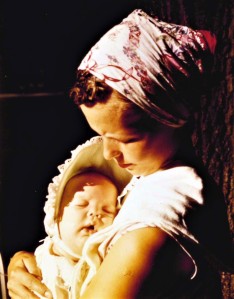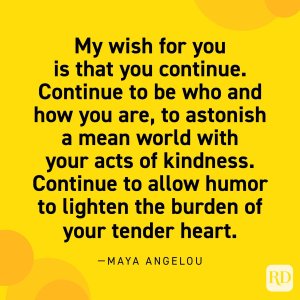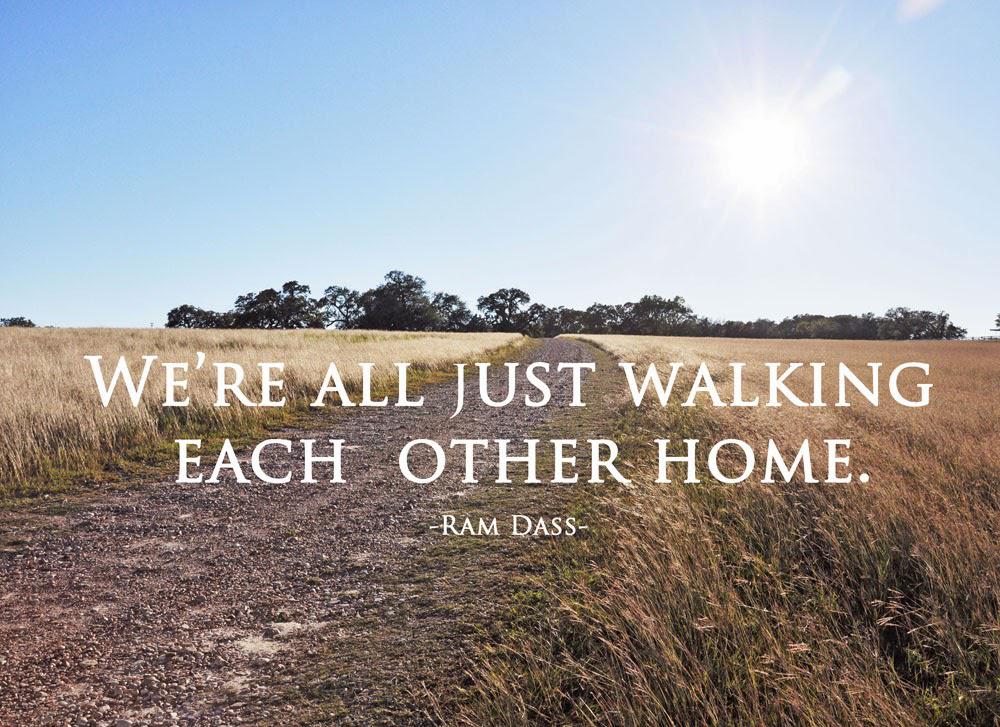August 20, 1933 – March 22, 2024
Our mother, Martha Ann Carter died on Friday, March 22, 2024. On the occasion of her death, we would like to tell you all more about her life.
Born in Kansas City, Kansas, the eldest of four children, Mom and Dad loved to joke that she was the 1950 Homecoming Queen of Turner High School. When she saw our Dad running on a football field (he was a high school biology teacher and a college man to boot!), she turned to her friend Marlene and said “Who is that? I want to meet him!” Marlene arranged a blind date for Mom and Dad in the winter of 1950. Shortly after that Dad was sent to Virginia by the army. They got to know each other through letters, and then married in November 1951. Mom was only nineteen when she got on a train to join Dad in Virginia. Just outside of Fort Lee, Virginia Dad said “What do you think we’ll have for dinner?” She later remembered thinking, “Oh shit, I don’t know how to cook.”
Mom lived in a time when she felt that being your husband’s best helpmate was her job. They struggled greatly in their early years, having three kids from 1952-1955, while my father finished his PhD at University of Iowa. Diane remembers when she was about seven, hearing Mom night after night in the kitchen typing plant identification cards late into the night to support Dad’s dissertation research.
College teachers didn’t make much money back then, so we moved every few years until Dad was awarded tenure. Mom always kept the family together and content even when Dad took off, deciding to go to India to teach teachers for a summer when we kids were quite small. She was supportive of Dad no matter what. She saw that as her role in life.
As we grew older, Mom started taking college classes, receiving her B.A. from Colorado College in 1971. She taught elementary school for the next twenty years. Many of her students remember her as a caring, encouraging teacher. One student related to Diane that she had a rough home life and did not want to be at home for spring break, so Mom sent her post cards every day to encourage her until school started again.
In the early 1990s our parents ‘retired’ to southern New Mexico, but they kept working hard to produce botany books all the same. Mom learned Photoshop and photography to help Dad. Has anybody heard of Trees and Shrubs of Colorado or Common Southwestern Native Plants? Those are a couple of the books our parents produced together, while in ‘retirement.’
One of Dad’s missions was to help Third World countries develop their science education curriculum. Mom accompanied him on many of those trips. Mom liked to say, “I knew I was in trouble if after my first sip of coffee in the morning, your dad said, “What do you think about going to India? or Thailand? or Argentina? or Sweden? or Russia?”
When Dad died in March 2020, Mom grieved: “What will I do without my leader?” His death was so hard on her, especially as the COVID pandemic had just taken off in the United States. Eventually Mom moved to Assisted Living, but she still pushed herself to go to many daily activities. She frequently noted, “These are silly kids’ games, but I’m not going to just sit in my room all day.”
In October, 2023 Mom fell and broke her hip. She was never the same after that. With mild dementia, she was no longer able to read or write and could see no reason to go on.
After a long struggle, Mom died on March 22, 2024. We will all miss her quick responses, sharp wit and ability to make us laugh. A good example? When the surgeon who fixed Mom’s hip came to visit her the day after surgery, she said, “Where have you been?” Ignoring her, he said “Now, you will be going to a Rehabilitation Facility to have Physical Therapy and Occupational Therapy daily for up to a month. You will need to work really hard.” Her quick response was, “Easy for you to say.” It took the doctor a minute, but eventually he laughed!
Our Mom’s dry midwestern sense of humor sustained her throughout her life. She had the most engaging and endearing way of being with others. We are so relieved her struggle has ended. She is finally at peace. We will always miss her. She was a wonderful wife, mother, photographer, travel companion, and writer. If there is an afterlife (our parents would say “no”), they are both out in the middle of “nowhere” as she called it, happily collecting plants.
She is survived by Lizbeth Diane Carter, John E. Elmblad, John David Carter, Laura Lee Carter Rosencrans and Michael Rosencrans.







